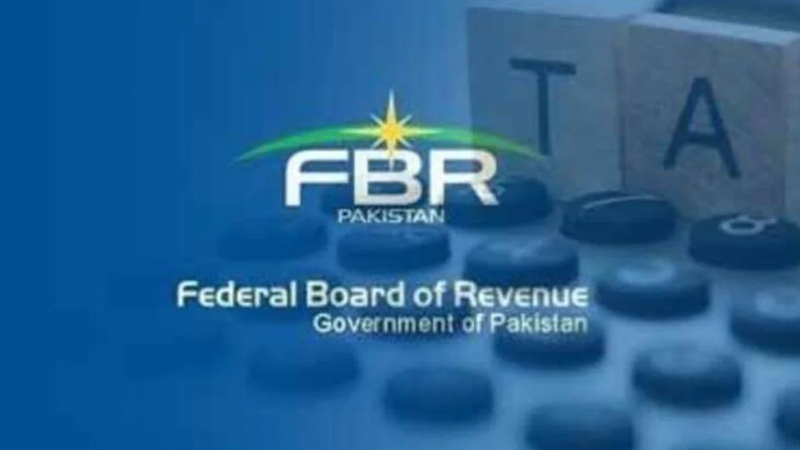In a recent announcement, Federal Minister for Finance and Revenue Senator Muhammad Aurangzeb unveiled Pakistan’s strategy to issue domestic green Sukuk bonds by the end of 2024. These bonds are earmarked to finance sustainable development projects across the nation.
The revelation came through a statement released by the Finance Division on Friday, following Aurangzeb’s participation in the UK-Pakistan Green Investment Forum. The event, organized by the British High Commission in Pakistan, saw the finance minister delivering a keynote speech via an online platform.
During his address, Aurangzeb disclosed the government’s plans for pension reforms aimed at reducing expenditure. He highlighted Pakistan’s intention to leverage innovative financing instruments to secure international climate finance. Acknowledging a significant funding gap in adaptation, resilience, and mitigation projects, Aurangzeb stressed the urgency of bridging this divide.
Moreover, Aurangzeb emphasized the necessity of a robust portfolio of green investment projects and underscored Pakistan’s reliance on private sector support. He outlined the government’s efforts to bolster investor confidence in viable green opportunities.
The finance minister also highlighted remarkable improvements in various macroeconomic indicators over the past 10 months. These included inflation reduction, increased GDP growth in the agricultural sector, augmented foreign exchange reserves, a positive trend in the stock market, and the anticipated reduction of the current account deficit.
Aurangzeb further communicated the successful completion of the 9-month-long Stand-By Arrangement (SBA) with the International Monetary Fund (IMF). He expressed Pakistan’s intent to engage with the IMF for a medium-term fund-supported program, signaling the country’s commitment to sustained economic growth and stabilization.
Reiterating Islamabad’s resolve to enhance the business environment for international investors, the federal minister underscored Pakistan’s dedication to addressing climate change and promoting green investment opportunities. Despite Pakistan’s low contribution to global greenhouse gas emissions, Aurangzeb highlighted the country’s vulnerability to climate-related risks, citing a recent World Bank study estimating potential annual GDP losses of up to 1%.











Leave a Reply